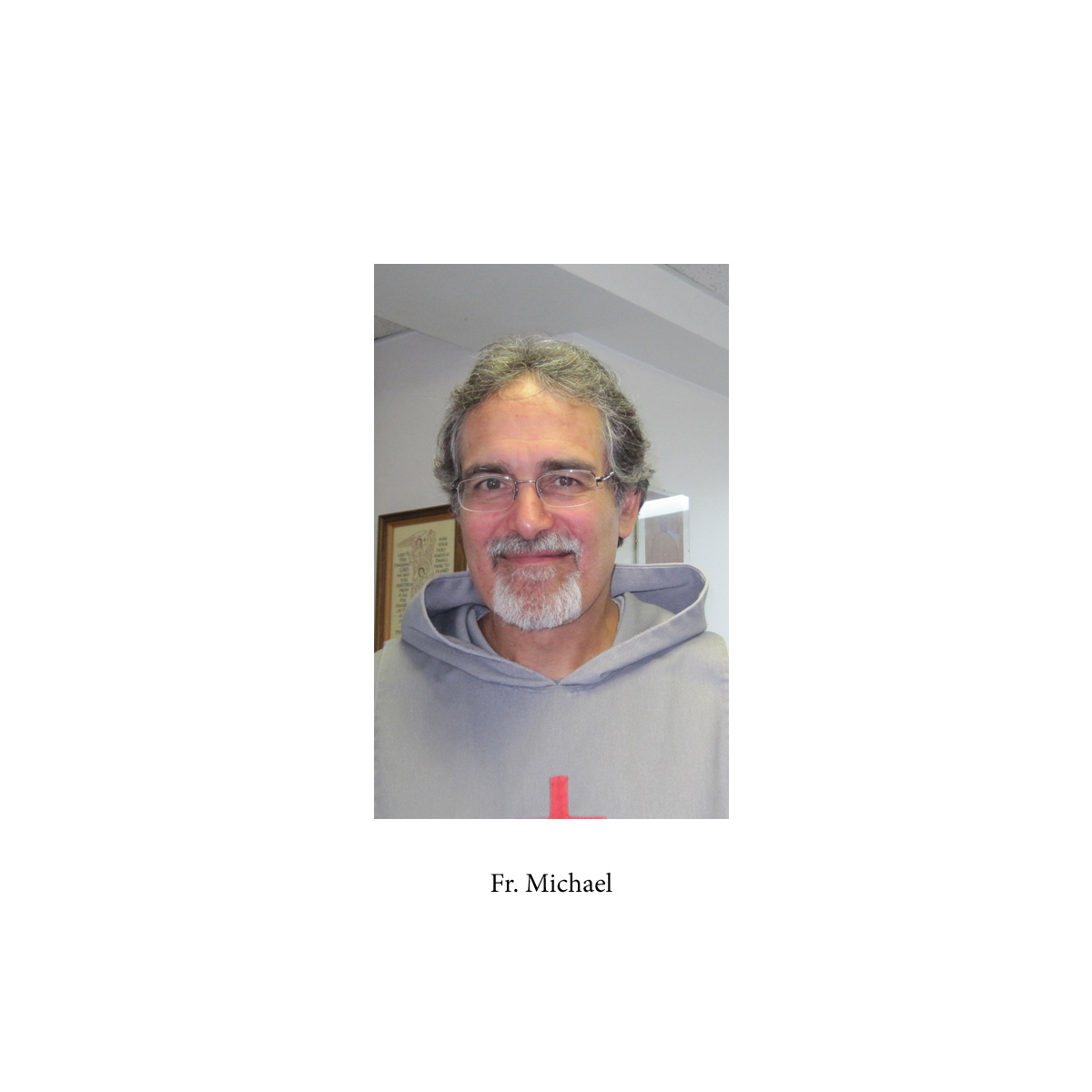This content has been archived. It may no longer be relevant
In 1994, less than three years after the fall of communism, Madonna House opened a house in Magadan. This city in northern Russia was built during the Soviet era as an administrative center for the Kolyma Gulag, one of the most brutal systems of labor camps in the Soviet Union.
***
In 1994, the spirituality of Catherine Doherty came to Magadan through three women—Marie Javora, Miriam Stulberg, and Alma Coffman. It came, as it should, not by word but by example, with the witness of Christ through hospitality, openness, and a willingness to suffer with another.
I came to Magadan a year later, from Alaska, to be the pastor of the new parish. By then Madonna House had already taken root.
What amazed me was that there was no explanation of the life of Madonna House. It was just received as something that was there in the hearts of those who came to the house to pray, to be listened to, to share tea, and to enjoy the company of these women.
It was like the spirituality was remembered from long ago, and there was an overall joy as if to say, yes, this is who we are.
Russians distrust words. They had the best propaganda in the world for 70 years, so there is a skepticism, and also maybe a basic distrust of anything that comes from the West.
But Madonna House didn’t come from the West. It came from the Russia of long ago and Madonna House was bringing it back—re-membering if you will—putting the past back into the present.
The spiritual life of just living the gospel and preaching by example—the way Madonna House does it—is so Russian. The deeper prayer in poustinia is so Russian. The tea-times where you share your day and your heart, so Russian.
I found the spirituality of Catherine Doherty in the day-to-day lives of these three women so comforting, and I couldn’t say why.
It was only years later that I realized they had brought a part of Russia back to Russia. And it was like those who came to the house rediscovered something deep inside them. It was a revealing of the soul of the person as well as the soul of Russia.
It is like when you visit a lake shore or a favorite mountain lookout, and you remember when you were there, and all the beauty and peace of the place rushes into your heart. I believe in some ways this is what happened to those who came to this small community of Catherine’s in Magadan.
The people remembered something long-forgotten. They realized they could pray and sing songs of faith, sit for hours before a holy icon of the Lord, read about the holy saints and experience the holiness of drinking tea together.
Yes, Madonna House was a house of re-membering. People returned to making pysanky, the Russian Easter eggs and talked about the times long ago when they were children and colored these Easter eggs.
It was similar with the paska, the Russian cottage cheese dish that is a symbol of the Risen Christ. Some had continued making it throughout Communist times, and even in the most Communist of times, someone would say, “Christ is risen!” and others with some kind of hidden faith would give the traditional response, “Indeed He is risen!”
All this might seem so profound and even exaggerated, but I was there. The men and women who came to Madonna House found themselves and their forgotten life in Christ, something called “Holy Rus.”
The Madonna House women did this not by lectures or preaching, but by lives shared, doors open day and night, simple prayers and simple praying that anyone could do.
It was done by living the same life as the people around them. It was done by the example of lives laid down, that this is what it means to be a Christian. And the beautiful thing is that the people got it.
The spirituality of Catherine Doherty became the norm of the parish. The people thought nothing of going to poustinia for a day or taking on one of the saints for a deep read for Lent.
There was something so real and that fit so well, like a lovely Russian shawl that spreads over a soul and warms it into life.
I found my heart changed by Catherine and began a serious search for the soul of Russia.
I have been here now for 24 years in the former camps of Stalin, and I intend to die in this land.
It was not words that the Lord wanted from me in this land; it was me he wanted. It was not fixing the brokenness of Russia that he wanted; he wanted me to just suffer with Russia. He was not satisfied to have me serve here, but he wanted me to fall deeply in love with Russia.
There is a saying: You can’t understand Russia; you can only love it. I have fallen in love and discovered my Russian soul here. Thank you, Catherine, for giving some of Russia back to Russia and for giving to me a heart for this land.





